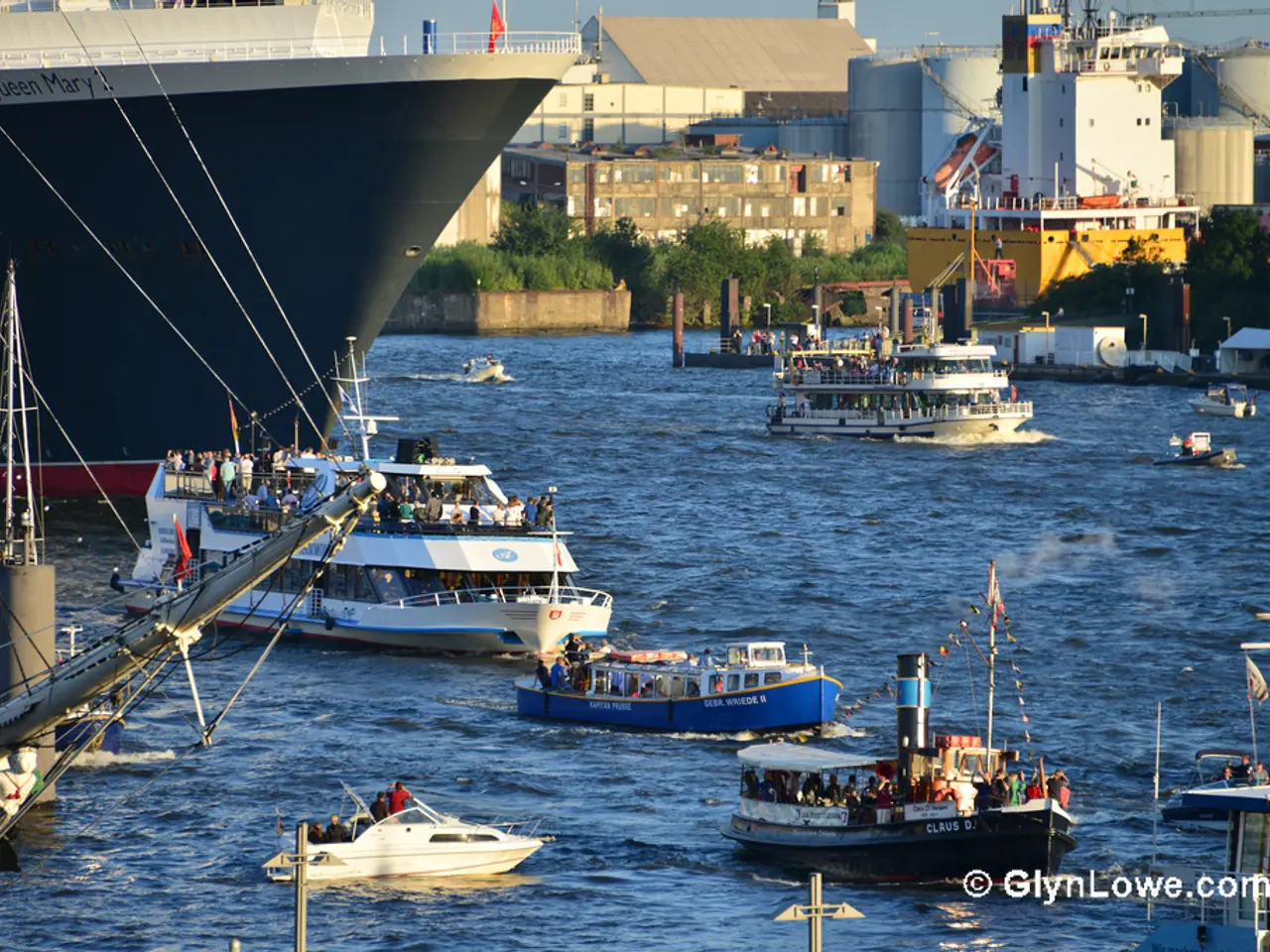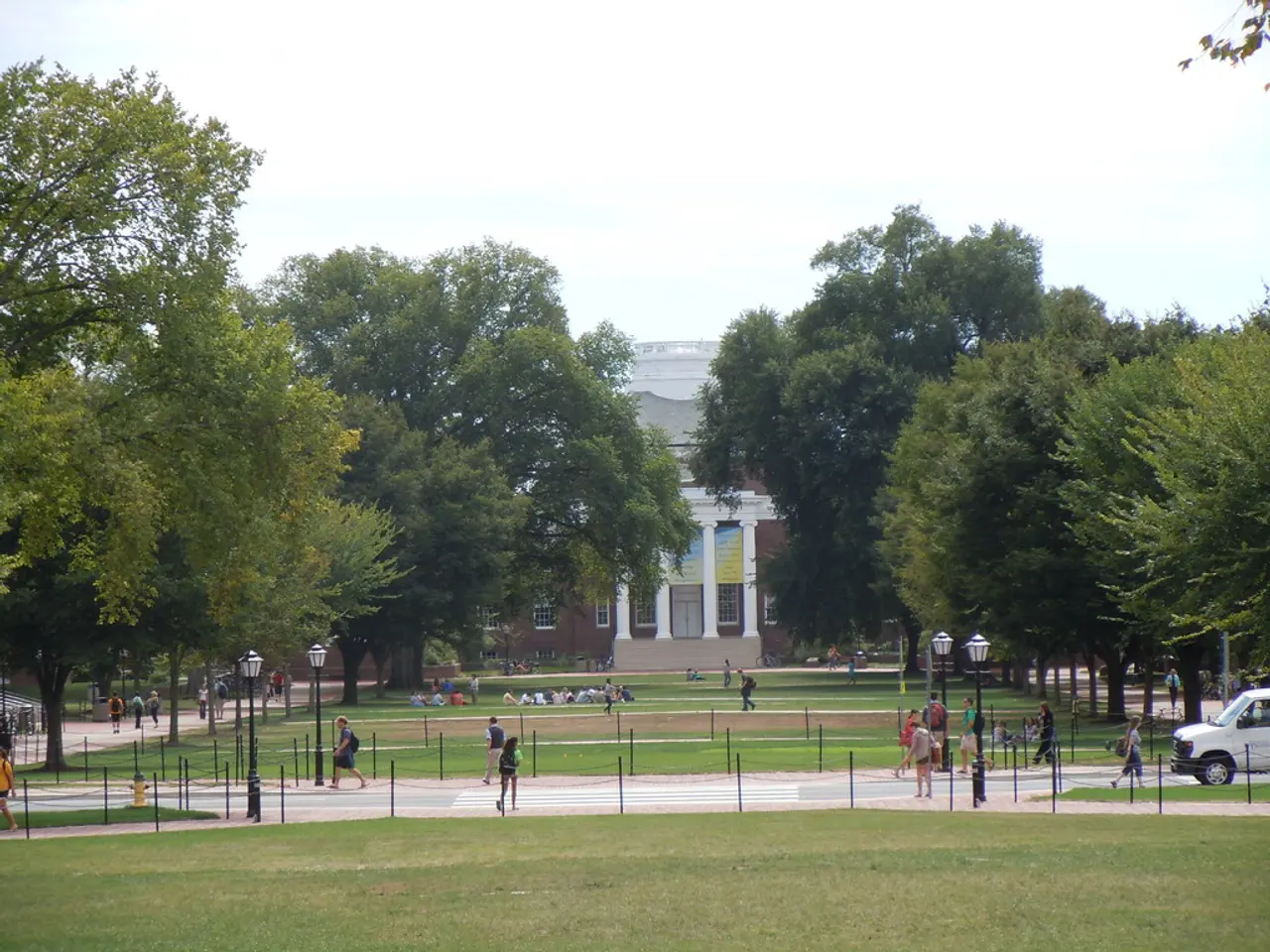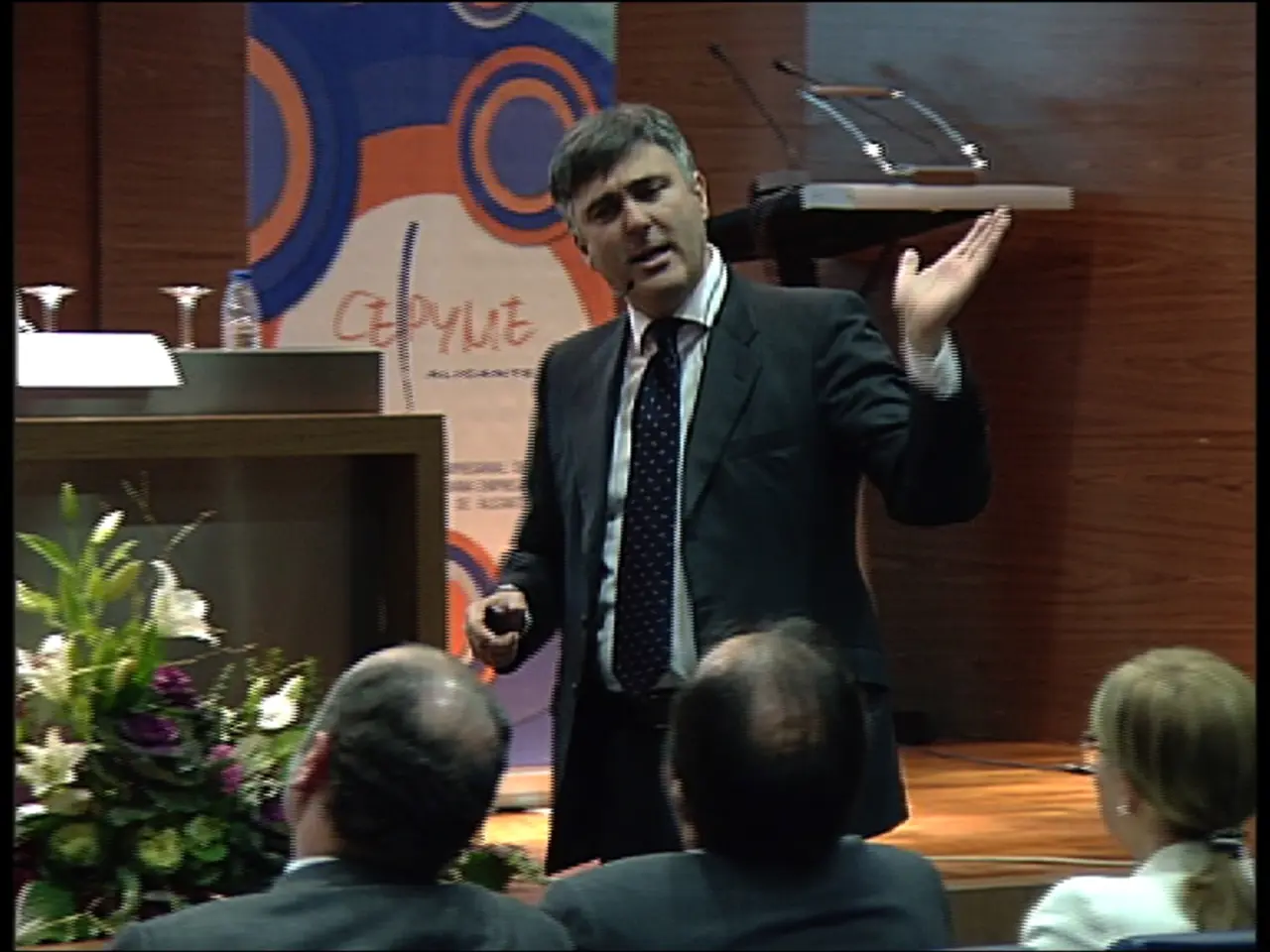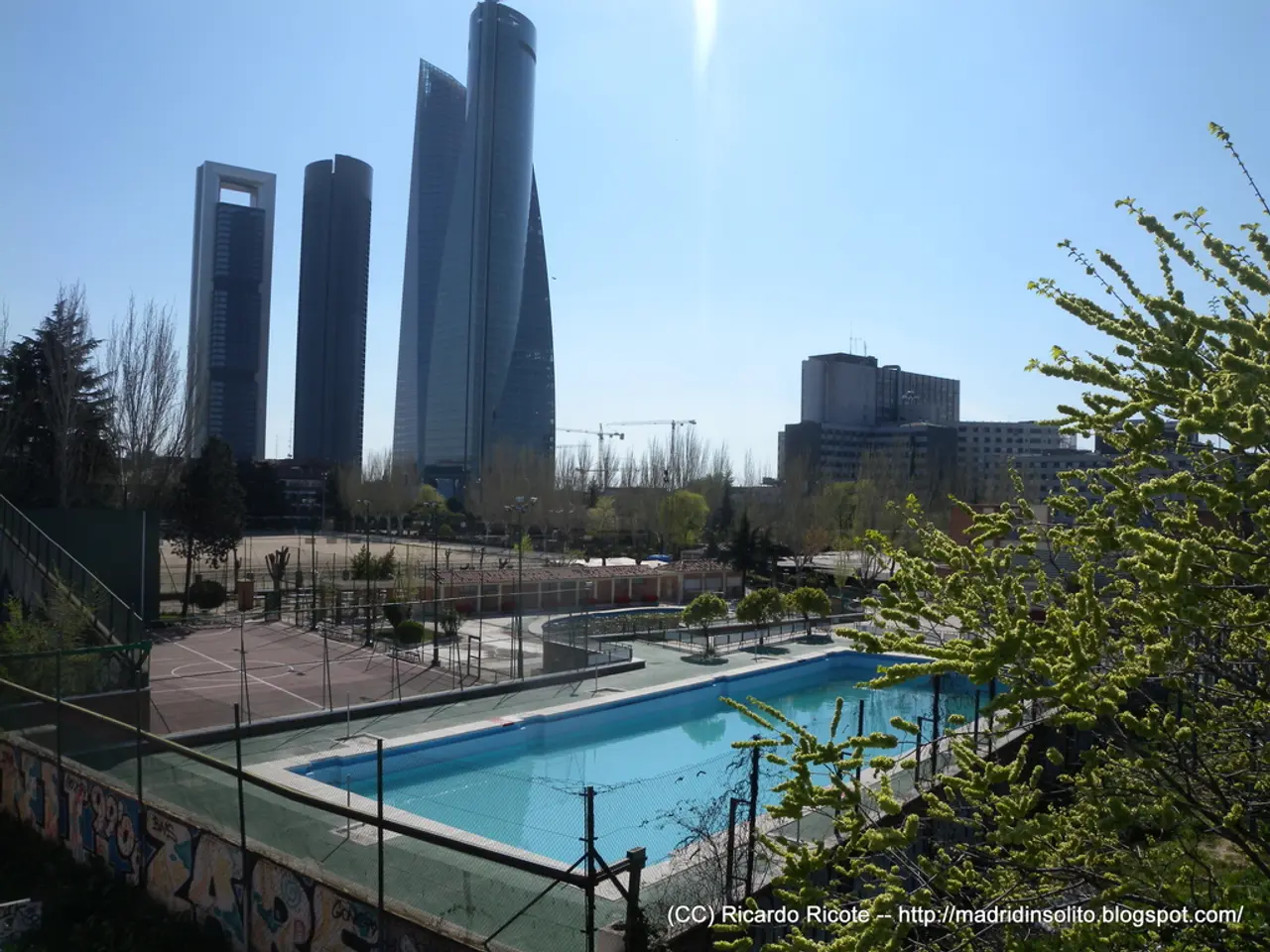Documentary Directors Clash on Friscal Issues Amidst Controversy Surrounding Europe's Peripheral Frontiers
Set sail against the tide: That's the spirit driving Hamburg filmmakers Maik Luedemann (30) and Maximilian Ahrens (29) with their documentary, "No Country for Nobody." This film serves as a polar opposite to the prevailing narrative dominating public discourse on asylum, transcending the usual divide even among AfD supporters.
In the dead of the night, a desperate call reaches the captain: A boat carrying refugees, navigating the treacherous waters from Africa to Europe, is drifting aimlessly. The captain plots a course, and soon, a lifeline is thrown to the weary passengers. The film begins with hauntingly poignant visuals of these rescues, which may become increasingly scarce as the government's stance hardens against civilian sea rescue.
This recent move by the federal government, withdrawing funding for civilian sea rescue missions, according to the CDU, stems from the belief that these missions contribute unwarrantedly to irregular migration to Europe.
A view from the edge
Over three years, Luedemann and Ahrens filmed at sea, in refugee camps, EU Parliament, and even in an AfD stronghold in Saxony. Their approach is anything but neutral, aiming to challenge the insular mindset they call "imprisonment of an immigration country."
How do the two perceive the cold-heartedness that sometimes infuses the rhetoric around saving drowning souls? The intensity? Max Ahrens observes, "Something has shifted" - "Human rights are now being questioned in the democratic center." Maik Luedemann agrees, acknowledging that fears, like those triggered by a knife attack at a folk festival, are understandable. However, he adds, "It's not right that the isolation of Europe is presented as the sole solution."
Mission impossible
The film may not sway the staunch AfD voter nor provide groundbreaking insights to sea rescue advocates. But it's aimed at "a large group of people who are still open to perspectives other than the ones prevalent in the public sphere," explains Luedemann.
Several organizations, including Sea-Eye, Sea-Watch, United4Rescue, German Doctors, Pro Asyl, and the Mennonite Relief Organization, have funded their ambitious endeavor. As the duo revealed during the Hamburg premiere at Astor Film Lounge, the film represents the most challenging project of their careers.
Back in 2014, they serendipitously crossed paths in film studies, becoming friends, roommates, and creative partners, producing short films and social media content for social organizations.
A call to arms: The stakes are high for the film: it spans the gamut from human rights violations filmed from the skies by Libyan Coast Guard, contentious debates in the EU Parliament, to the solitary struggle of a left-wing politician in Saxony. With interviewees from political figures and scholars sharing their views, voices of dissent resound powerfully.
But the political winds continue to gust in an entirely different direction: the two million euros the federal government has so far granted to civilian sea rescue missions have been slashed from the budget.
Upcoming screenings: 29 June, 1 pm Astor Lounge; 1 July, 5.45 pm Astor Lounge; 8 July, 8 pm Documentary Film Salon in B-Movie; 31 July, 9.45 pm, Schanzenkino Open Air.
- In the film "No Country for Nobody," Maik Luedemann and Maximilian Ahrens aim to challenge the insular mindset on immigration, addressing war-and-conflicts, migration, and policy-and-legislation in their documentary.
- The film, with funding from organizations like Sea-Eye, Sea-Watch, and United4Rescue, highlights the government's stance on civilian sea rescue missions, which is influenced by the belief that these missions foster irregular migration to Europe.
- The politics surrounding the issue of civil sea rescue are evident in the documentary, with interviewees sharing their views on the matter, and the recent withdrawal of funding by the federal government adding to the general-news discourse on the topic.






